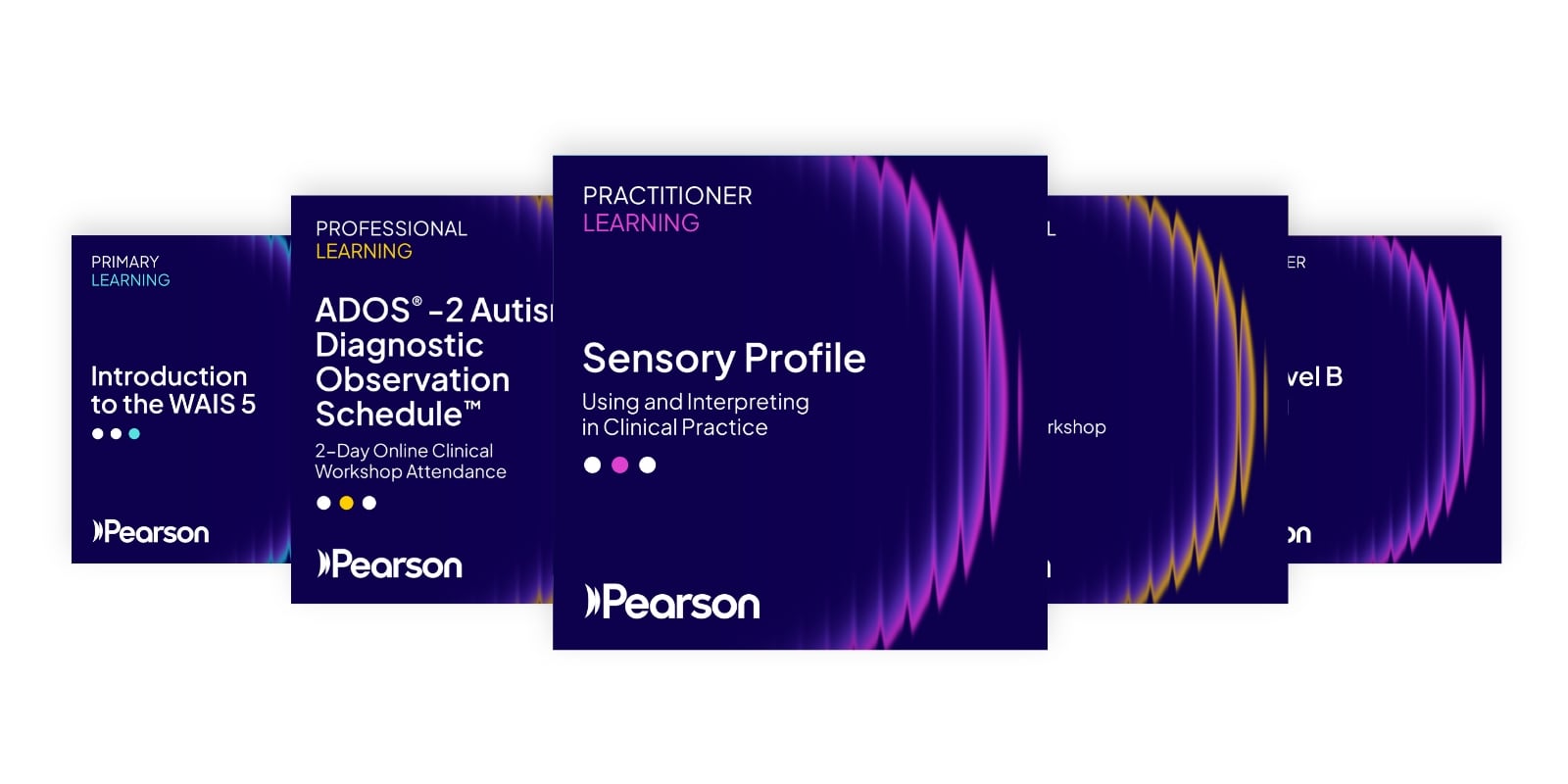“Many people think occupational therapy (OT) is about helping people with their jobs. But it's actually about getting people to return to all the activities they enjoy in their lives,” according to occupational therapist Lisa Bowker.
Growing up in Victoria, Lisa always knew she wanted to help people. Initially interested in the rehabilitative nature of physiotherapy, Lisa was later drawn to OT by a desire to assist people to regain control over their lives in a holistic way. After spending a week of work experience at a children’s hospital – where she witnessed the impact of disabilities and injuries on children and their families – Lisa knew she had found her calling.
Twenty years later, Lisa now works with people with neurological trauma from spinal cord and brain injuries. Her practice, The Holistic Network, serves patients in Sydney, the Illawarra, and Melbourne. The Network’s approach to helping people centres on personalised solutions that go beyond traditional therapeutic methods to prioritise individual choice and control.
“There's no volition in anything we do unless we own it,” Lisa explains. “And when you have a disability, choice and control become even more important. As therapists, we need to overcome the old biases of treating people according to their disability. We should listen to, and respond to, their individual wants and needs.”

Pearson has been in this field for 100 years, assessments have been tested and refined, and clinicians have been relying on them for decades...there’s a peace of mind that comes with that.
- Lisa Bowker, Occupational Therapist
 Play
Play
Finding a lifeline
Lisa discovered standardised assessments early in her career. She found they provided a structured framework to understand clients' needs, tailor interventions, and track progress over time.
“Early on in my career, clinical assessments were an absolute lifeline. They helped make sense of what I was seeing, helped me use the right terminology and ask the right questions so I could achieve positive outcomes for clients,” Lisa recalls.
Today, she uses clinical assessments to involve her clients in their own goal setting and decision-making.
"I always encourage people to come up with their own goals, so that when we get to the therapy, they actually care about what they’re doing. Because if they don't care, they're doing it for us and not for themselves – and that is less motivating,” Lisa says.
Lisa a range of standardised assessments in her therapeutic repertoire, and pinpoints five that she finds particularly valuable:
- The Adaptive Behaviour Assessment System (ABAS-3) to obtain a complete picture of someone’s adaptive skills, which is especially useful for evaluating those with neuropsychological disorders, as well as sensory or physical impairments
- The Sensory Profile 2 family of assessments to evaluate sensory processing difficulties in both children and adults
Lisa says Pearson Clinical Assessment tools are vital to her practice, giving her and her staff the confidence to make the right decisions for a client.
At The Holistic Network, therapists are encouraged to use standardised assessments to validate their initial thinking and inform their recommendations.
“Pearson has been working in this field for 100 years, so their assessments have been tested and refined over many decades, and clinicians have been relying on them for decades,” says Lisa. “There’s a peace of mind that comes with that.”
Fostering collaboration
The tests don’t just reinforce clinical reasoning; they provide reliable evidence for treatment plans, allowing Lisa and her team to improve communication with other healthcare practitioners and secure funding, as appropriate, from insurers for clients' ongoing therapy.
The Pearson Clinical Assessment Q-Global Platform also fosters collaboration between healthcare practitioners, carers and family, so that all parties involved in someone’s care can access both the tests and the results.
“You can send an assessment or the results to other therapists or family members directly through the platform,” Lisa explains. “So if, for example, you want a parent to complete a test for a child, or a carer to complete it for someone who can’t do it on their own, the benefit is that we can share the reports and use the same terminology and see the same recommendations. It puts everyone, literally, on the same page.”
The outcome, she says, is greater and more meaningful engagement for clients in their everyday lives.
For anyone aspiring to become an OT, Lisa’s advice is simple: focus on empathy and connection, as well as an evidence-based approach to achieving holistic patient outcomes.
“Keep your heart, keep your empathy, and remember why you do what you do. Follow the things that allow you to do that rather than climbing the ladder or following systems in health that can get in the way,” she says.
Good advice from someone who has witnessed firsthand the profound difference OT makes in her own clients’ lives.

Early on in my career, clinical assessments were an absolute lifeline. They helped make sense of what I was seeing, helped me use the right terminology and ask the right questions so I could achieve positive outcomes for clients.
- Lisa Bowker, Occupational Therapist
Elevate your professional journey by earning a badge today
Find trusted training solutions that align with your needs and working schedule—available On Demand, Live, or In-Person.

